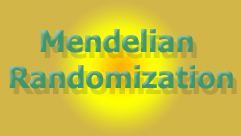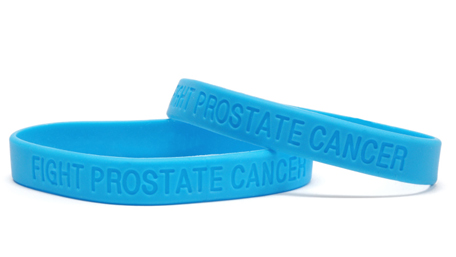
01/20/2024
Hot Topics of the Day are picked by experts to capture the latest information and publications on public health genomics and precision health for various diseases and health topics. Sources include published scientific literature, reviews, blogs and popular press articles.
Sign up MyPHGKB to receive the daily hot topic email alert.
Archived Hot Topics of the Day By Date
Understanding Liability Risk from Using Health Care Artificial Intelligence Tools.
Michelle M Mello et al. N Engl J Med 2024 1 (3) 271-278
Narrowing the Diagnostic Gap: Genomes, Episignatures, Long-Read Sequencing and Health Economic Analyses in an Exome-Negative Intellectual Disability Cohort
KR Dias et al, Genetics in Medicine, January 19, 2024
Dose-Response Associations of Lipid Traits With Coronary Artery Disease and Mortality.
Guoyi Yang et al. JAMA Netw Open 2024 1 (1) e2352572
Genetic risk and likelihood of prostate cancer detection on first biopsy by ancestry.
Kyung Min Lee et al. J Natl Cancer Inst 2024 1
Disclaimer: Articles listed in Hot Topics of the Day are selected by Public Health Genomics Branch to provide current awareness of the scientific literature and news. Inclusion in the update does not necessarily represent the views of the Centers for Disease Control and Prevention nor does it imply endorsement of the article's methods or findings. CDC and DHHS assume no responsibility for the factual accuracy of the items presented. The selection, omission, or content of items does not imply any endorsement or other position taken by CDC or DHHS. Opinion, findings and conclusions expressed by the original authors of items included in the Clips, or persons quoted therein, are strictly their own and are in no way meant to represent the opinion or views of CDC or DHHS. References to publications, news sources, and non-CDC Websites are provided solely for informational purposes and do not imply endorsement by CDC or DHHS.
- Page last reviewed:Feb 1, 2024
- Content source:





